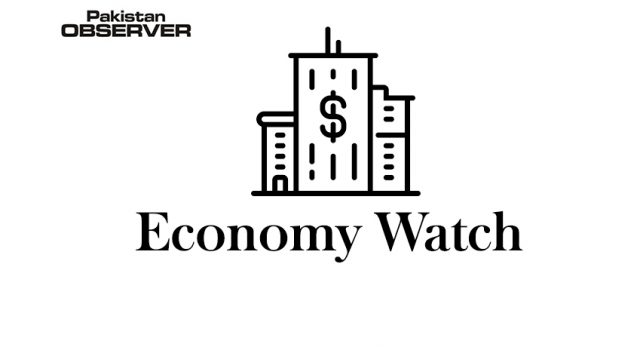Meer Rostam
Iraq’s Kurdish region has for decades lived off its oil wealth, but plummeting energy prices amid the pandemic and financial mismanagement are forcing locals to return to long abandoned farms. Civil servants from the northern region’s bloated public sector have gone without pay and many are now turning back to agriculture and other businesses to make ends meet. On a rugged hillside 50 km east of Erbil, the regional capital, vineyards are ripe for harvesting as a new source of income. Abdallah Hassan, 51, a civil servant from the nearby village of Meer Rostam, has returned to harvest the grapes, used to produce raisins and vine leaves, for the first time in almost 20 years. “There is hardly any work left for us and there are no salaries,” he said, complaining that the regional government now “only pays wages every couple of months.” “It’s better for farmers to tend to their fields than wait for the payday or for charity.” Hassan recounted how before the 2003 US invasion that toppled ex-dictator Saddam Hussein’s regime, the Kurdish region had survived on farming during years of painful sanctions. Since then, in its drive to secure lucrative oil revenues, the autonomous Kurdistan Regional Government (KRG) had mostly abandoned agriculture. Big investments from multinational energy companies have transformed the region, and Erbil has become an urban hub with skyscrapers and luxury hotels. This year, however, the coronavirus pandemic and tumbling oil prices have taken a heavy toll, worsened by budget disputes with the central government in Baghdad.—ArabNews









